Who Am I? The Supreme Understanding (The Anatomy of Ego)
Editorial Reviews
This book not only defines where you are in the evolution of your being, it tells how each developmental stage affects your personal growth and progress on a spiritual path. –From the Publisher
From the Back Cover
Bhagwan is outspoken and more critical than most teachers of the superstitious belief systems that are almost always wrongly associated with genuine spiritual traditions, especially within the Afrikan-American community. This, coupled with his unwillingness to compromise in matters of the heart and intellect, has resulted in an original expression of a complete teaching that embraces both practical and spiritual life in a way that calls any who would “hear” his teachings to seriously “consider” the true meaning of their life and the true purpose of their existence.
Those who have “heard” and been touched by Bhagwan’s teachings have found themselves immersed in a profound recognition of their own true nature and propelled into a thrilling discovery of what it really means to reach Self- and God-realization and to finally discover . . . “Who Am I?” –This text refers to an out of print or unavailable edition of this title.
About the Author
Bhagwan’s unwillingness to compromise in matters of the heart and intellect has resulted in an original expression of a compete teaching that embraces both practical and spiritual life in such a way that calls any who would “hear” his teachings to seriously consider the true meaning of their life and the true purpose of their existence.
Excerpt. © Reprinted by permission. All rights reserved.
Chapter 1: This is the first in a series of workshops about managing ego. Actually, that is a misnomer because ego is the very thing which must manage itself. It is almost like asking a criminal to catch himself. Because we have a limitation in the language that we can use to communicate, for lack of a better phrase we will call this “managing” ego. However, I want you to remember that when talking about managing ego, the mystics are talking about becoming “egoless.” It is not so much about a big ego managing a little ego, as it is about becoming completely egoless.
Actually, when we begin to discuss the topic of ego and all of its ramifications, we have entered into the very heart of mysticism; the very core. The attainment of a state called “egolessness” is the objective that underlies the ambitions of all spiritual traditions. We will be dealing then, with the nucleus of all that is meant when we talk about meditation, spiritual development and so forth. As a result of that, it will necessarily cause us to revisit a lot of old things, but in a very different light. So, in some respects, this is a kind of summary series in the sense that it will cause us to revisit a host of prior topics that we have been discussing throughout all of the last workshops nay, throughout all of the last ten or fifteen years.
[It’s] little difficult to talk about this subject simply because there are dimensions that are wordless. Egolessness is not something you can really talk about. It does not lend itself to any kind of “linguistic” captivity. It is very hard to reduce that experience into words. Yet, we have had a little luck in the past, and we will simply pray and hope that we remain fortunate enough to try to get some insight into this whole business about “ego.”
You have to come to a different level of understanding of what is meant by the word “ego.” Normally, when we talk about egotism, to what are we referring? When we say that somebody has a big ego or is ego-tripping or is very egotistical, what is the normal connotation of the word “ego” as we use it. What is the colloquial use of the word? “Very self-centered.” Right? Some other meanings would be “full of themselves,” “arrogant” and so forth. Yet, these are really by-products of ego. They are not ego proper. These are the “derivatives” of the state called “ego.” Egotism is not simply a reference to a person’s arrogance, their self-centeredness or their being full of pomposity, even though they may be pompous and all of these other things. Egotism is not that and that is bad enough but I am saying egotism is worse than that. It is much worse than being arrogant. It is much worse than being pompous. It is much worse than being simply self-centered. It is worse than being a megalomaniac. It is worse than all of these things because it is the “mother” of them. It gives birth to all of these negative, repulsive traits that we find in each other. It behooves us, therefore, to go deep into this subject of the nature and the anatomy of ego and its origin or genesis.
Remember, we will be going into an area that will be painful for some of us because to traverse this path leading toward the origin of our egos, we will be coming across many things in ourselves of which we may not have been aware. We will be pointing out, for all of those who have eyes to see, certain dimensions in ourselves that are not particularly flattering, so it will be a little difficult.
Let us begin first with a definition of “ego.” Ego is that mind process, as the flyer says, which separates man-consciousness from God-consciousness. Ego is the “felt” experience of being separate, isolated or “individuated” from that which is the source of our being. It is a kind of “spiritual amnesia.” How did it begin? Much has to be understood to appreciate our predicament.
In the beginning, or before the beginning, because we really cannot even talk about “time” since there was no time when all that exists was simply not in a state of absolute, total “oneness.” You will find that the common thread which runs through all of the great traditions whether it is Buddhism, Hinduism, Islamism, Christianity, Judaism, Zoroastrianism or any of the great traditions is that there is only “one” God. There is only “one” consciousness. The whole objective of all of the great traditions is to bring its adherents into the realization and the experience of this “oneness.” Some will approach it this way, some will approach it that way but they all are trying to attain the same fundamental goal: the rediscovery and the recapturing of the experience of oneness. God, Allah, whatever you call it (it does not really matter) which is the ground of existence prior to manifestation existed in an unmanifested, undifferentiated state with no form and no distinction.
The words of all the scriptures have said, “In the beginning there was nothing.” Now, that’s interesting. Remember, by “nothing” they do not mean nothing, zero. They mean “no-thing.” There is a hyphen in between: “no-thing.” There was no distinction. There was no individuation. There was no duality. There was no hot, no cold; no wet, no dry; no tall, no small; no near, no far; no black, no white. There was no dialectic, no duality simply oneness, undifferentiated and unmanifested. The soul was merged into the ocean of God. There was no experience of being an individual soul at all! There was only the experience of “oneness.” The Sikh and Radha Soami mystics call that state Sach Khand. The authors of the Cabala called it Ain Soph. The ancient Africans called it the state of being in amen. The Buddhists call it nirvana. –This text refers to an out of print or unavailable edition of this title.

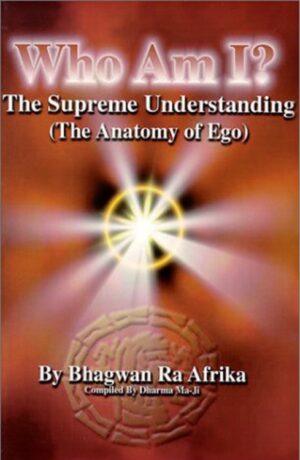

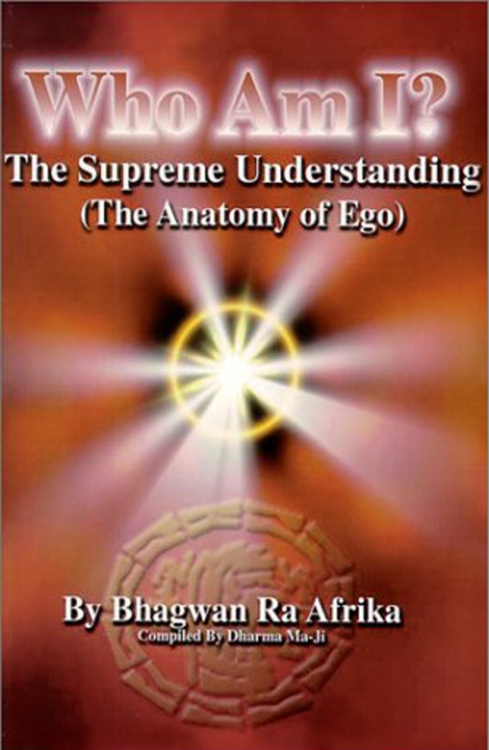




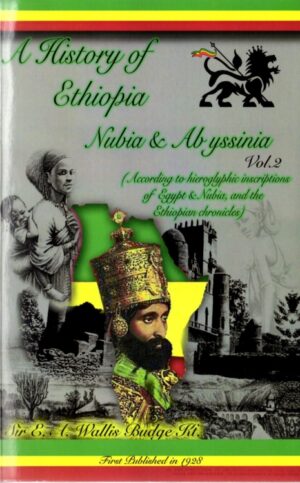
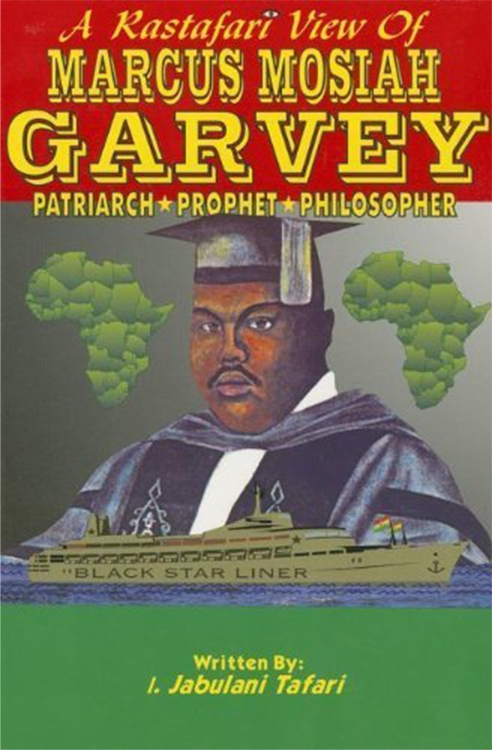
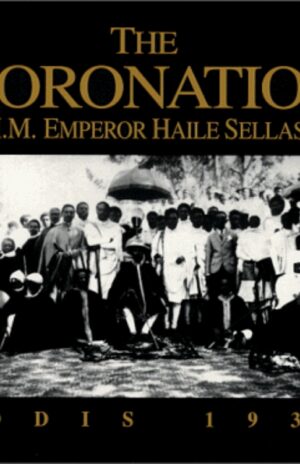
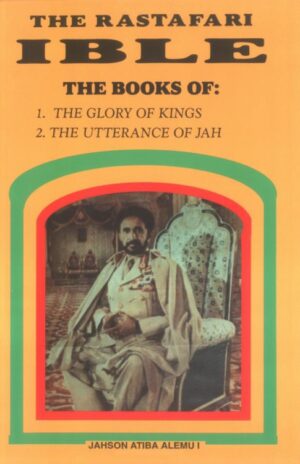
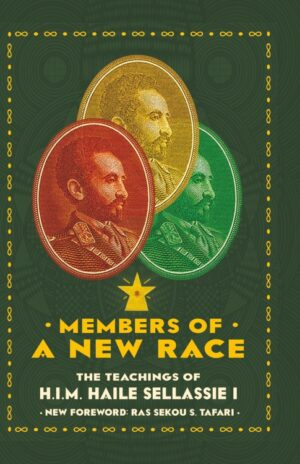

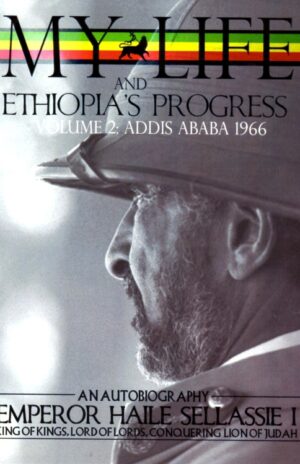
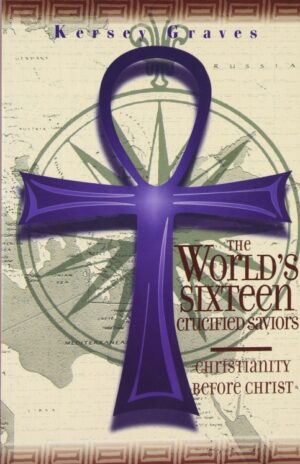
Reviews
There are no reviews yet.